We believe that every language has a bit of build in weirdness, which is why we wanted to explore some surprising, funny and interesting facts about the Dutch language. This is definitely a must-read before you decide to move to the Netherlands for an extended period of time!
1. We have the weirdest proverbs. Really. 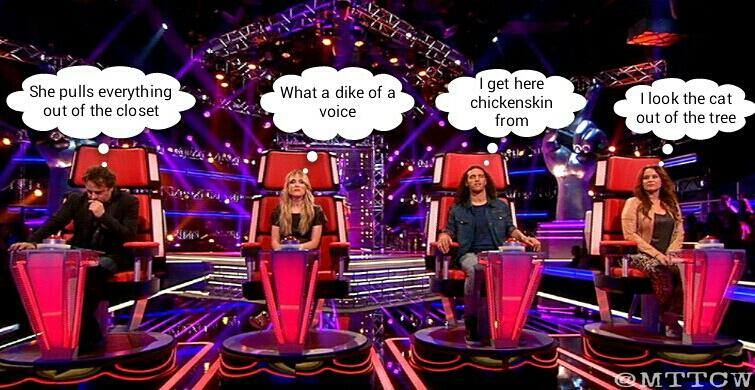
An example is maak dat de kat wijs, which can be literally translated to “make that the cat wise”. It actually means that someone is telling something so weird or unbelievable, that even the cat won’t believe it. Another example is hij heeft een baard een z’n keel, which is literally translated to “he has a beard in his throat”. Whut? Exactly. The phrase is used to explain the breaking voice of a boy, when his voice changes during puberty.
2. Dutch must be the easiest foreign language for native English speakers to learn.
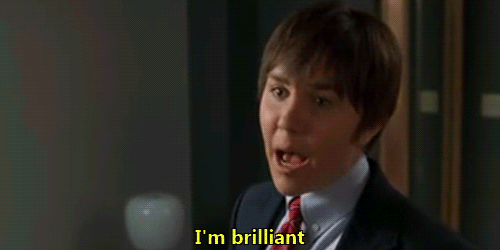 Dutch is probably somewhere in the middle between English and German. While Dutch does enjoy leaving the verb at the end of the sentence occasionally, like in German, it doesn’t have the cases German does, which makes it more akin to English. However, Dutch pronunciation is notoriously difficult. Your pronunciation of Dutch words, e.g. Scheveningen, tells native speakers whether or not Dutch is really your mother-tongue; this was the downfall of more than one German spy during WWII.
Dutch is probably somewhere in the middle between English and German. While Dutch does enjoy leaving the verb at the end of the sentence occasionally, like in German, it doesn’t have the cases German does, which makes it more akin to English. However, Dutch pronunciation is notoriously difficult. Your pronunciation of Dutch words, e.g. Scheveningen, tells native speakers whether or not Dutch is really your mother-tongue; this was the downfall of more than one German spy during WWII.
Are you looking for housing – why don’t you check out Kamernet? Click to see all our offering!
3. The longest Dutch word in the dictionary is 53 letters long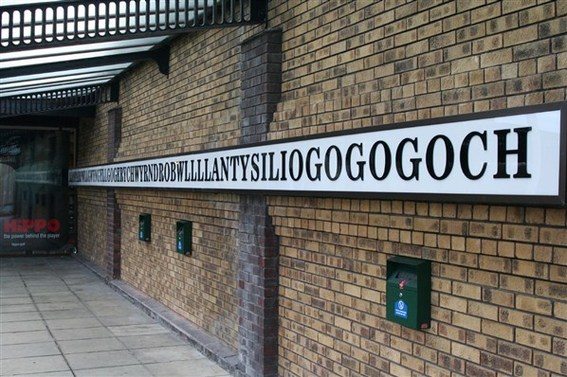
The Dutch write their words without spaces between them. So, for example, credit card becomes creditcard. Now that that is clear, we would like to show you the longest Dutch word. It is kindercarnavalsoptochtvoorbereidingswerkzaamhedenplan, which contains 53 letters and means preparation activities for a children’s carnival procession. Another popular one is hottentottententententoonstellingsterrein, which has 41 letters and means exhibition ground for Hottentot tents. Imagine playing Hangman with us Dutchies ;-).
4. We have a word that can’t be translated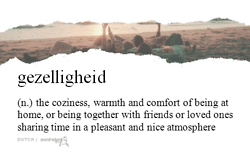
Gezellig. The most important word in Dutch might just be gezellig. This word has no satisfactory, literal translation in English or many other languages. Situations can be gezellig, as can people and places – it’s an adjective, the noun being gezelligheid. If something is gezellig, it is familiar, warm, friendly, cozy, and jovial. For example, enjoying a cozy dinner with old-friends in one of your favorite, quaint, little restaurants with some tasty food and wine is gezellig.
5. The Dutch Language actually exists for 75% out of borrowed words – a lot of those are French, English and Hebrew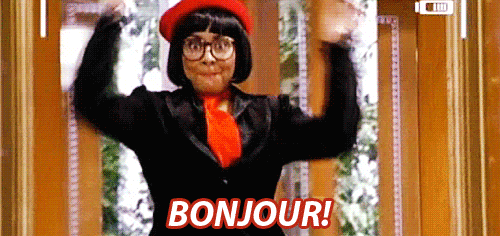
Many Dutch words are influenced by the French language as well. This is because it used to be rather decadent and posh to drop the occasional French word in conversation. Many of these French words stayed and integrated completely in the Dutch language.
Examples of French loanwords are paraplu (umbrella), au pair, bouillon (broth), bureau (desk or office), cabaretier, (comedian), capuchon (hood of a coat), chantage (blackmail), fouilleren (frisk search), horloge (wrist watch), humeur (mood), jus d’orange (orange juice), monteur (mechanic), pantalon (trousers), plafond (ceiling), retour (return ticket), trottoir (pavement). Dutch even has some Hebrew words, including: bajes (jail), geinig (funny), jatten (steal), mazzel (lucky), tof (cool).
6. Calling your significant other a piece of sh*t is actually normal here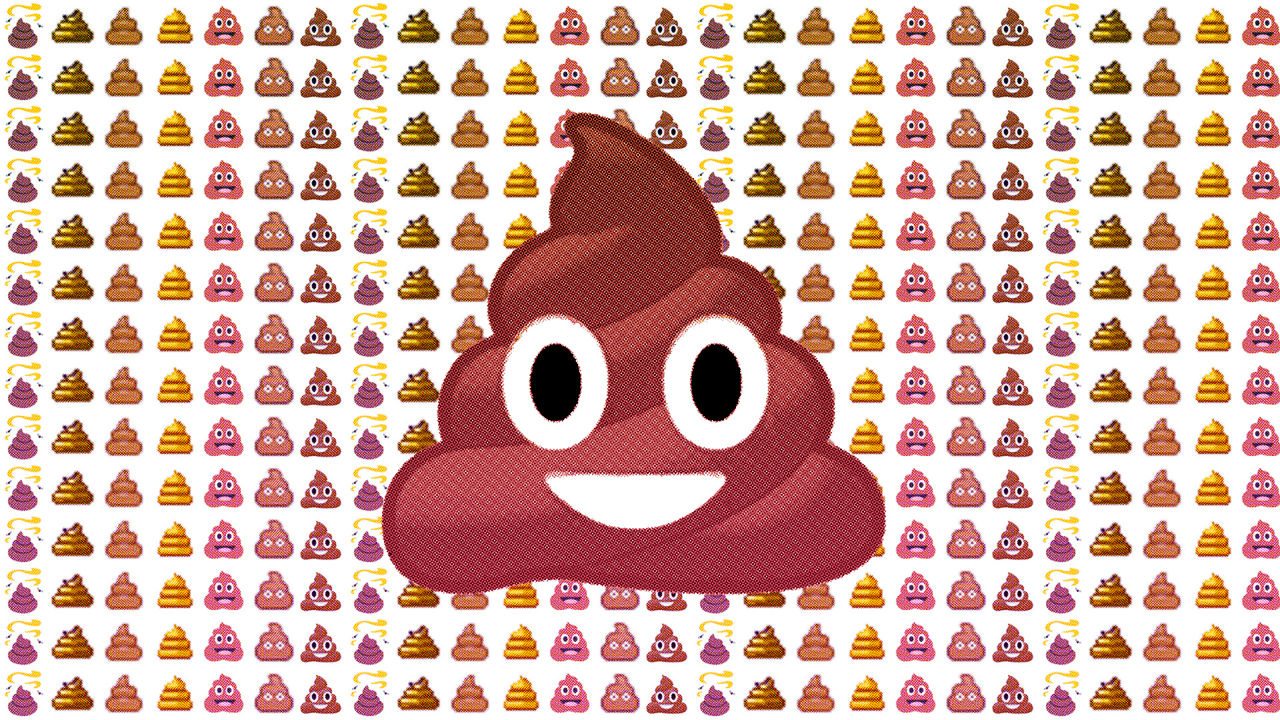
Excuse our Dutch, but it is true! Dutch people think it is cute to call their significant other or dear friend/relative poepie, scheetje or drollie, which literally means “little poop”, “little fart”, and “dumpie”. We wish that we could explain to you why we actually do this, but we don’t understand it ourselves. We just want to warn you: don’t be offended!
7. Dutch is spoken in Belgium, South America, Latin America, South Africa, and parts of Indonesia (Asia)
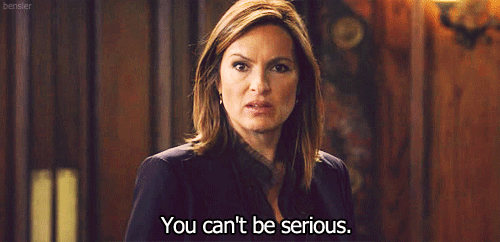
As a consequence of the Dutch colonization, the Dutch language has spread across the world. For example, in Latin and South America Dutch is spoken in Surinam, Aruba, Bonaire and Curacao (also known as the ABC-islands). In South-Africa, a variation of Dutch is now considered the national language. It is not officially called Dutch, but it closely resembles it. The colonization also stretched across Asia and left notable traces in Indonesia, where a lot of people still speak Dutch. In Flemish-Belgium, the official language is Dutch. In contrast to popular belief, Flemish on its own is not an actual language.
8. Dutch words can have many consonants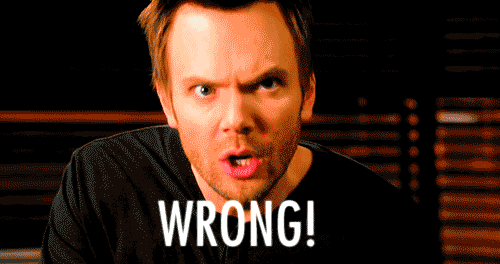
For example the word slechtstschrijvend, which means worst writing, has 9 consonants. Told you we had difficult pronunciation.
9. German and Dutch are very similar!
However, most Germans cannot understand one word of Dutch, while many Dutch people can understand German quite easily. Probably this has to do with the fact that The Netherlands is such a small country and Dutch people come in contact with German quite often (on television, on holiday).
10. Foreign TV-shows have Dutch subtitles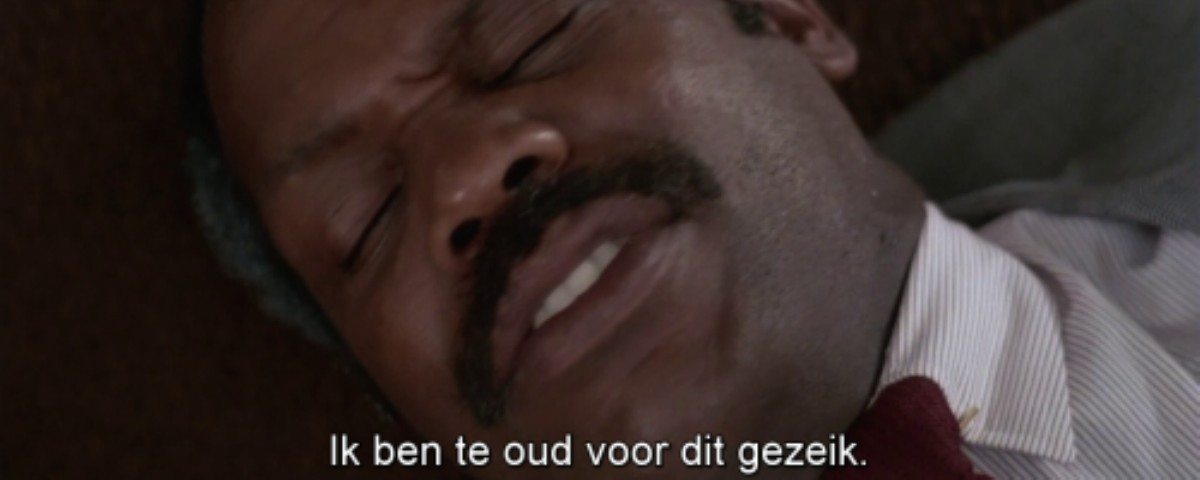
If you watch TV, you will probably notice that the shows are not dubbed in Dutch, unlike Spain of Germany for example. Instead, English TV-shows stay original with subtitles in Dutch under them.
11. Almost 95% of the Dutch inhabitants speak English.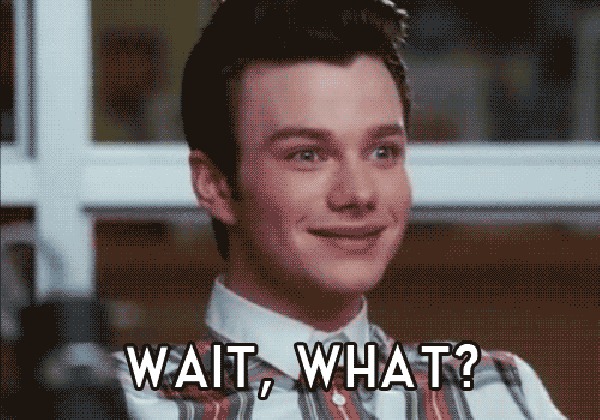
Perhaps because of the subtitles in Dutch, but Dutch people can understand and speak basic English very well. We also like to help you when you’re lost, so don’t worry too much!
Which of these fact did you already know? And what is the weirdest thing they say in your own country? Let us know in the comments below!

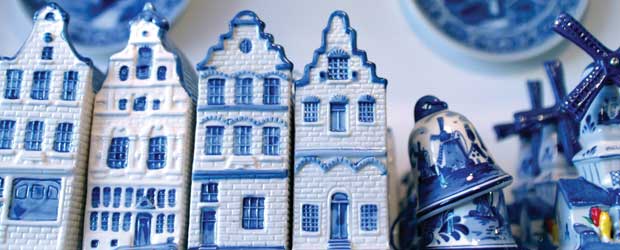
Geef een reactie
Je moet ingelogd zijn op om een reactie te plaatsen.